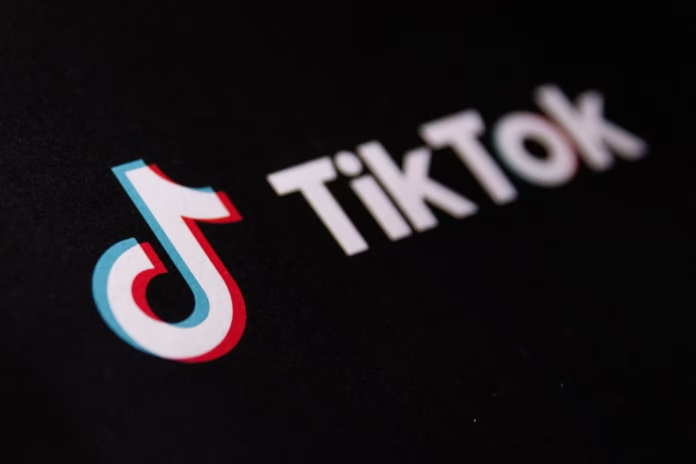The future of TikTok in the United States remains uncertain as President Donald Trump announced a 75-day extension to the deadline requiring ByteDance, the app’s Chinese parent company, to divest its U.S. operations. This decision, revealed on April 4, 2025, postpones the potential ban until June 19, 2025, commonly known as Juneteenth.
This extension follows the Protecting Americans From Foreign Adversary Controlled Applications Act, enacted in April 2024, which mandated ByteDance to sell TikTok by January 19, 2025, due to national security concerns. The Supreme Court upheld this law, setting the initial deadline. However, President Trump, who had previously attempted to ban TikTok during his first term, has shown a more conciliatory approach in his second term. He has emphasized the platform’s popularity and its role in his campaign, stating intentions to preserve the app while addressing data security issues.
The decision to delay the ban aligns with broader economic negotiations between the U.S. and China. Recently, the Trump administration imposed new tariffs on Chinese imports, raising rates to 54%. President Trump suggested that these tariffs provide the U.S. with significant leverage in discussions, including those related to TikTok’s future. He hinted at the possibility of reducing tariffs in exchange for China’s approval of a TikTok sale to an American entity.
Several potential buyers have expressed interest in acquiring TikTok’s U.S. operations. Notable figures such as former Treasury Secretary Steve Mnuchin, Reddit co-founder Alexis Ohanian, and YouTube personality MrBeast have been linked to potential bids. Additionally, companies like Amazon and OnlyFans have shown interest. Despite this interest, no definitive agreement has been reached.
China has criticized the U.S. tariffs and warned of retaliatory measures, emphasizing the futility of trade wars and urging diplomatic resolutions. As the new deadline approaches, the situation remains dynamic, with ongoing negotiations and legal considerations influencing the outcome. TikTok users and content creators in the U.S. continue to face uncertainty regarding the platform’s future.
In summary, while the immediate threat of a TikTok ban has been deferred, the platform’s long-term availability in the U.S. hinges on complex negotiations involving national security concerns, trade relations, and corporate interests. Stakeholders are advised to stay informed as developments unfold in the coming weeks.

